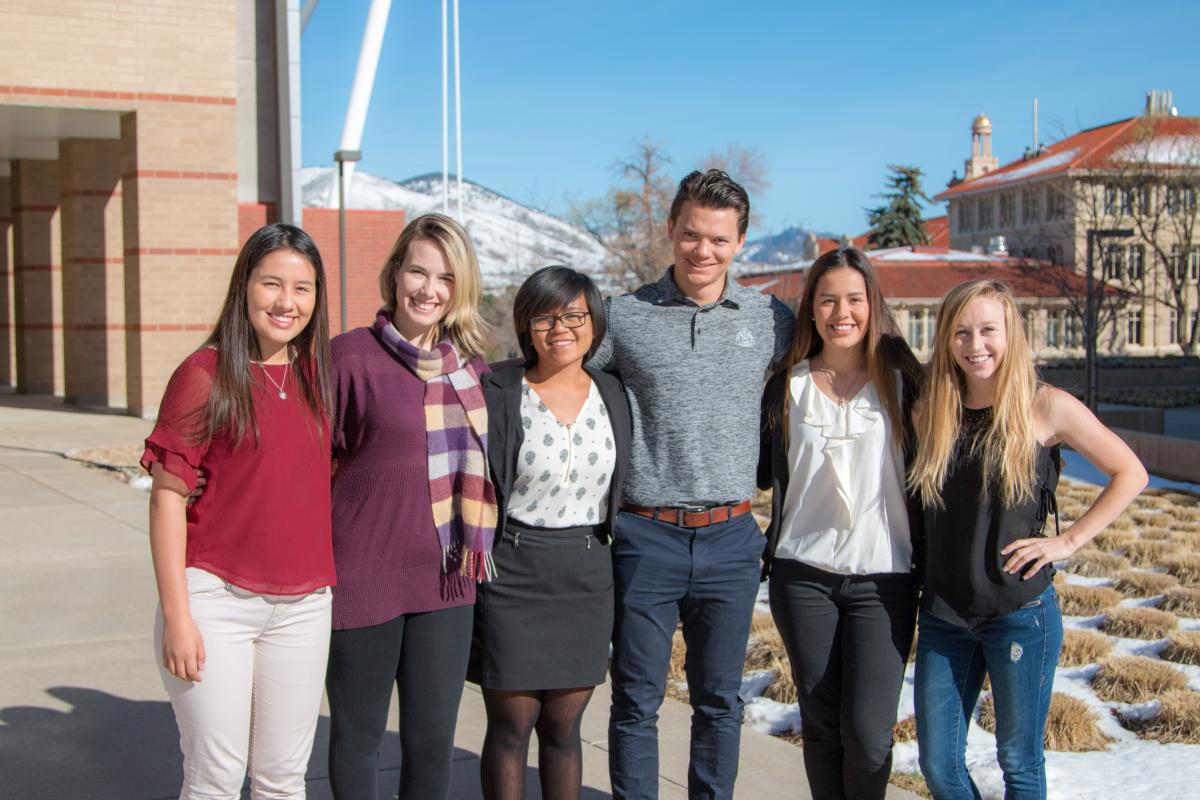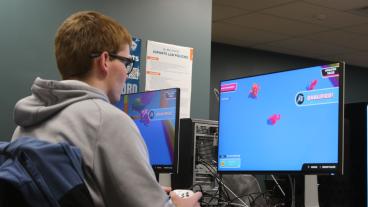The Humanitarian Engineering Program at the Colorado School of Mines is evolving.
Having originated as a minor offered through the Division of Liberal Arts and International Studies (now the Division of Humanities, Arts, and Social Sciences), the program has now moved into the College of Engineering and Computational Sciences, and grown to encompass two minors: the original in Humanitarian Engineering (HE) and a new one in Leadership for Social Responsibility (LSR) that will be ready for student enrollment in Fall 2017.
The LSR minor aims to serve students who are passionate about working for the well-being of communities from within corporate environments. HE and LSR will also be two focus areas in the revised Bachelor of Science in Engineering (BSE) program.
“We are very excited to have a revised BSE among Mines’ program offerings, with HE and LSR in it, so that Mines can become the destination of choice for students seeking to serve society through engineering,” said Humanitarian Engineering Program Director Juan Lucena, professor in the Engineering, Design and Society Division.
The mission of Humanitarian Engineering at Mines is to teach students how engineering can contribute to creating just and sustainable solutions for communities. The program also offers several enrichment opportunities for Mines students, such as the Peace Corps Prep Program, the Shultz Family Fund Lecture Series and scholarships, as well as ongoing relationships with groups across campus such as Mines Without Borders which are committed to bettering the world through engineering.
“Humanitarian Engineering is an amazing program,” said CECS Dean Kevin Moore. “It was one of the reasons I moved to Mines in 2005, and although I didn't get involved in promoting and helping build it until 2011, HE’s goals inspire me as both an educator and as an engineer.”
Rosalie O’Brien, a 2016-2017 Shultz Scholar majoring in environmental engineering, said she started in humanitarian engineering because she wants to make a positive difference in the world. “After all, we design for people,” she said. “To me, it only made sense that my undergraduate education should incorporate classes about human-centered problem-definition and community engagement. Becoming a Shultz Scholar was an extension of my education and provided me more outlets to engage with faculty members.”
In addition to O’Brien, the Shultz Scholars for 2016-2017 were mechanical engineering senior Kekahu Aluli , chemical engineering senior Stephanie Martella, geophysical engineering seniors Micaela Pedrazas and Michelle Pedrazas and civil engineering junior Vy Duong. Each student was awarded approximately $8,500 to support his or her studies over the course of one year. The scholars engaged in student recruitment and program outreach, and presented their research to academic and professional audiences.
 |
| The 2016-2017 Shultz Scholars from left: Micaela Pedrazas, Rosalie O'Brien, Vy Duong, Kekahu Aluli, Michelle Pedrazas, Stephanie Martella. |
“Being a Shultz Scholar has allowed me to really connect with like-minded individuals who share a passion for innovative solution solving,” said Aluli. “I have come to learn that engineering is more than just looking for a perfect technical solution. The social impacts are just as important, and the Shultz Scholarship has allowed me to take a critical look at engineering in an effort to better the process toward deriving sociotechnical solutions.”
Aluli plans to return to Mines next year to pursue a degree in Engineering and Technology Management, and eventually hopes to combine his knowledge with that gained through the HE program to become a social entrepreneur.
Lucena noted the increased engagement that the Shultz Family Fund has brought to the program, saying that it “has allowed us to bring HE and LSR to new faculty, student and professional audiences, to engage new programs and departments on campus and to explore new opportunities for students beyond the minor.”
HE aims to increase engagement particularly with programs in the geosciences, sparked by growing faculty and student interest in organizations like Geoscientists Without Borders and alumni participation in organizations like Geology in the Public Interest. A new alumni interest group in Leadership in Social Responsibility sponsored by the Mines Alumni Association is seeking to connect Mines community members who work around issues focused on social responsibility and humanitarian engagement.
O’Brien notes the connections she has already made through the Shultz Scholar program, saying that the best part of her experience has been working with the other scholars. “They are some of the brightest, most enthusiastic and overall amazing people that I’ve had the pleasure to meet at Mines.
Eventually, program leaders hope to make humanitarian engineering at Mines the first such degree program in the country.



